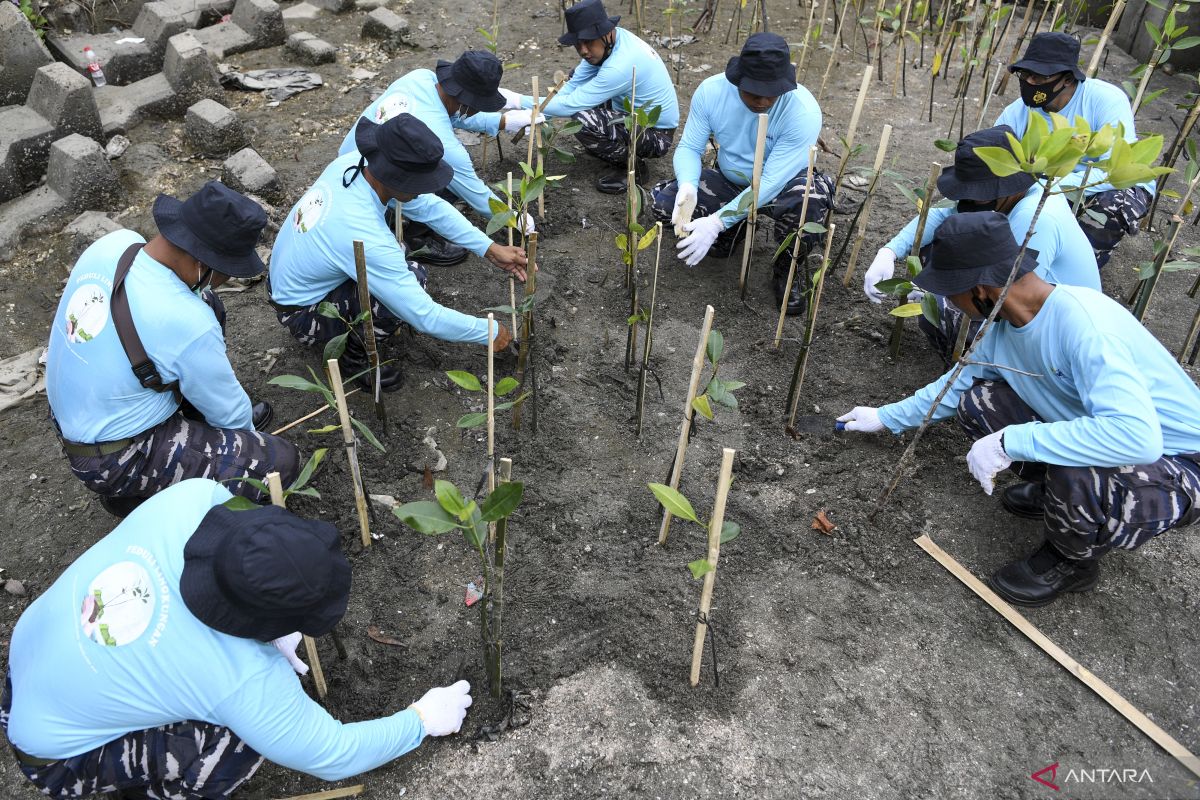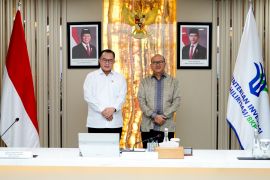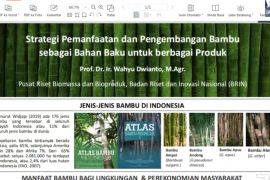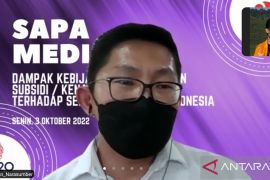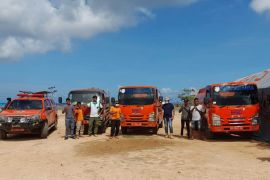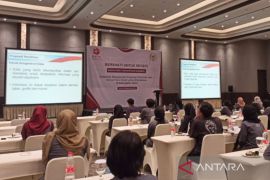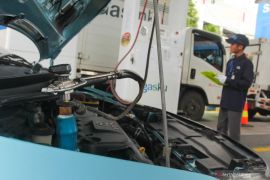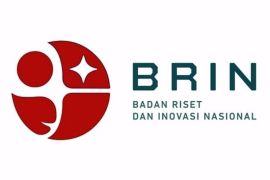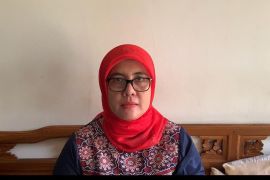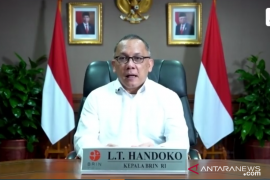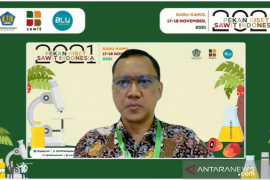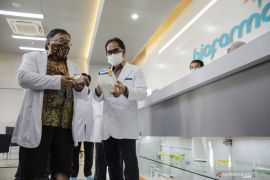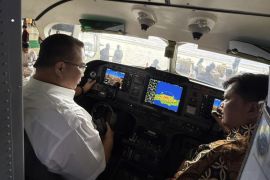This formula can be used to increase the success of mangrove reforestation by reducing the level of pollution in the mangrove ecosystem.Jakarta (ANTARA) - The National Research and Innovation Agency (BRIN) said it is implementing a bioremediation method that uses microorganisms to degrade hydrocarbon pollutants to bolster the government’s mangrove restoration program.
A polluted mangrove ecosystem can hamper the growth of affected plants and cause them to die, an applied microbiology researcher at BRIN, Idris, said in a statement that ANTARA.received from the agency here Tuesday.
The total area under mangrove forests has continued to decline due to deforestation. Further, according to the statement, the success rate of the mangrove replanting program is below 21 percent.
Hence, the researcher said, BRIN examined the characteristics of a number of microbes, which were isolated using the in vitro technique, from sediments taken from a mangrove ecosystem.
Based on the results of the research, BRIN identified several bacteria that have a good ability to degrade hydrocarbon pollutants.
"The obtained bacteria were then developed in a consortium named the BioReMang G1 formula," he informed.
Based on BRIN’s observations, six months after planting, mangroves that were treated with the BioReMang G1 formula developed better compared to those that did not get the treatment.
None of the plants that did not receive bioremediation treatment survived, while 30 percent of the mangroves that were given the formula were able to grow.
"This formula can be used to increase the success of mangrove reforestation by reducing the level of pollution in the mangrove ecosystem," Idris remarked.
A trial application of the method was carried out in the Segara Anakan mangrove area, Cilacap District, Central Java Province, in collaboration with a local mangrove awareness group, Krida Wana Lestari.
The species tested with the BioReMang G1 formula were Bruguiera sp. and Rhizophora sp.
BRIN has committed to bolstering the formula to improve its effectiveness as currently, the formula is in liquid form and mangrove forests in Indonesia have swift water currents.
Furthermore, the BioReMang G1 formula would be combined with other technologies developed by researchers from various scientific backgrounds to help the reforestation program succeed, the researcher added.
Related news: Sulsel govt agrees on Regulation on Mangrove Development, Libraries
Related news: Mangrove cover reaches 1,210 hectares in 2022: Ministry
Translator: Sugiharto Purnama, Uyu Liman
Editor: Rahmad Nasution
Copyright © ANTARA 2023
